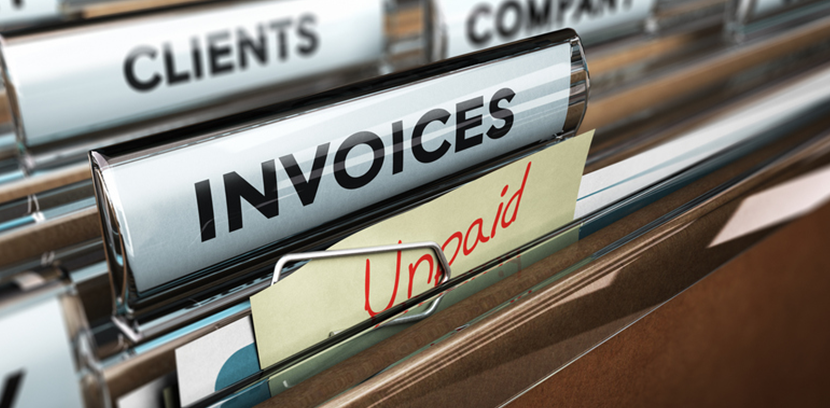
There could be any number of legitimate reasons your customers aren't paying their bills on time. They may not have received the bill. They could be dealing with an overwhelming amount of debt and shame. Or they may be in the habit of paying after the due date. In any of these cases, your business accounting is affected when your customers don't pay in a timely manner. You can make a few changes to prompt your customers to pay on time.
Use these best practices to collect what's owed to your business from slow-paying customers.
Understand How Americans Pay Their Bills
The Global Financial Literacy Survey for 2017 states that 2 out of 3 American adult consumers lack financial literacy and only 37% could pass a basic financial knowledge test. This means that most individuals don't have the simple training to manage their finances. In light of those survey responses, businesses need to be prepared to educate their customers and hold them accountable for their responsibilities. Businesses also need to be aware of how most Americans pay their bills so they can make payments easier.
Some bill paying habits of consumers are:
- 56% of bills are paid online
- Bills paid via ACH increased 10% from 2010 - 2016; bills paid by credit card are up 15%
- 72% of bills are now paid on the business website
- 32% of bills are set up for recurring payments
- 40% of senior citizens pay bills via regular mail and 31% pay via check
- 15% of millennials pay bills via regular mail and 8% pay by check
- 22% of millennials pay bills on their bank website
- 39% of seniors pay on their bank website
Do Customer Due Diligence
Before signing an agreement with a customer, check their credit-worthiness or payment history. In many cases, slow-paying customers are habitually late on their payments and have been for some time. Investigating customers through credit reporting or background screening may be an option for some businesses such as property management companies or any business offering financing. The more particular the business is about their customers, the more successful their payment rate.
Set Expectations on Payments
In relationships, we teach others how to treat us. In the business to consumer relationship, the same dynamic is occurring. If slow-paying customers are not being penalized for paying late, they will continue to pay late. Disorganization, overspending, and mismanaged finances may also mean that several consumer bills are not being paid on time. Customers will first pay the bills that have set the proper expectations for payment. An agreement with clearly stated late fees, shut-off, and eviction notices will often get the attention of the slow-paying customer and allow the business to collect payment faster.
Offer Payment Convenience
As noted earlier, 72% American consumers are paying their bills online. Reducing the time to receive payments, from several days by snail mail to immediately with online options, may increase the likelihood of on-time payments. Other ways to collect payments from slow-paying customers include:
- Allowing payments on the business website or app
- Allowing consumers to access the business bill through their bank portal
- Offering payment options including ACH, debit card, credit cards, PayPal and others
- Suggesting ease with recurring payments
- Different ways for receiving a bill other than regular mail such as email, SMS text, or reminders through an app or browser
Follow-Up and Collect Past Due Payments
When your customer payment responsibilities are not being met, you are still owed what's past due. Always follow up with slow-paying customers before their payments are too far past due.
During the follow-up call or in a letter, be firm but kind. Businesses shouldn't make the automatic assumption that the customer is slow-paying because they don't want to pay. The customer may need flexibility due to an emergency financial situation. If the business chooses to be flexible, there should also be a timeline. Perhaps offer a lower payment for a few months but then return to the previous payment terms.
If the customer is still unable to pay or refuses any contact, it may be time for the business to seek assistance from a debt collections agency. A debt collections agency will get to know your business and your accounts. The collections follow-up will consistently reach out to your customer with payment options to prompt a recovery of what's owed to your business.




